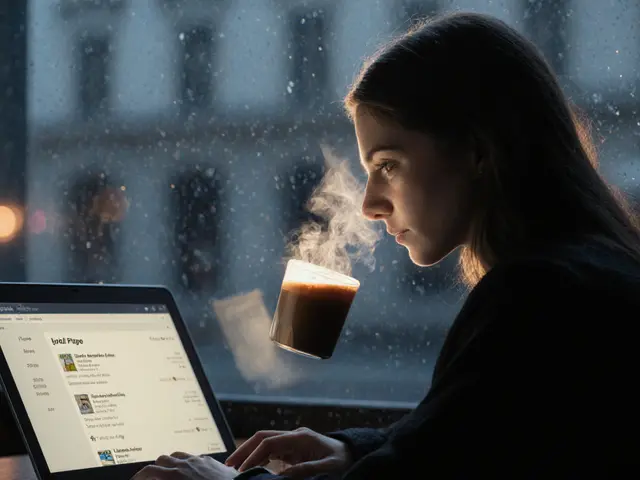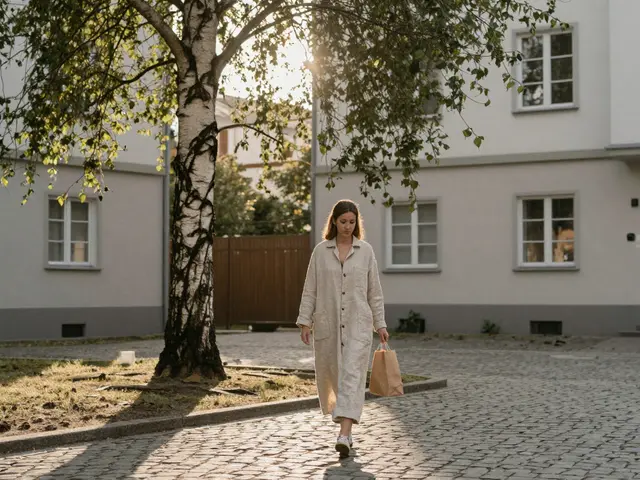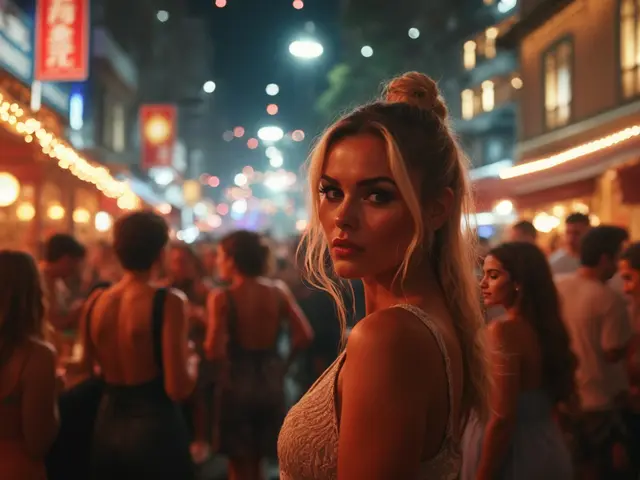How Mia Julia Took Munich by Storm
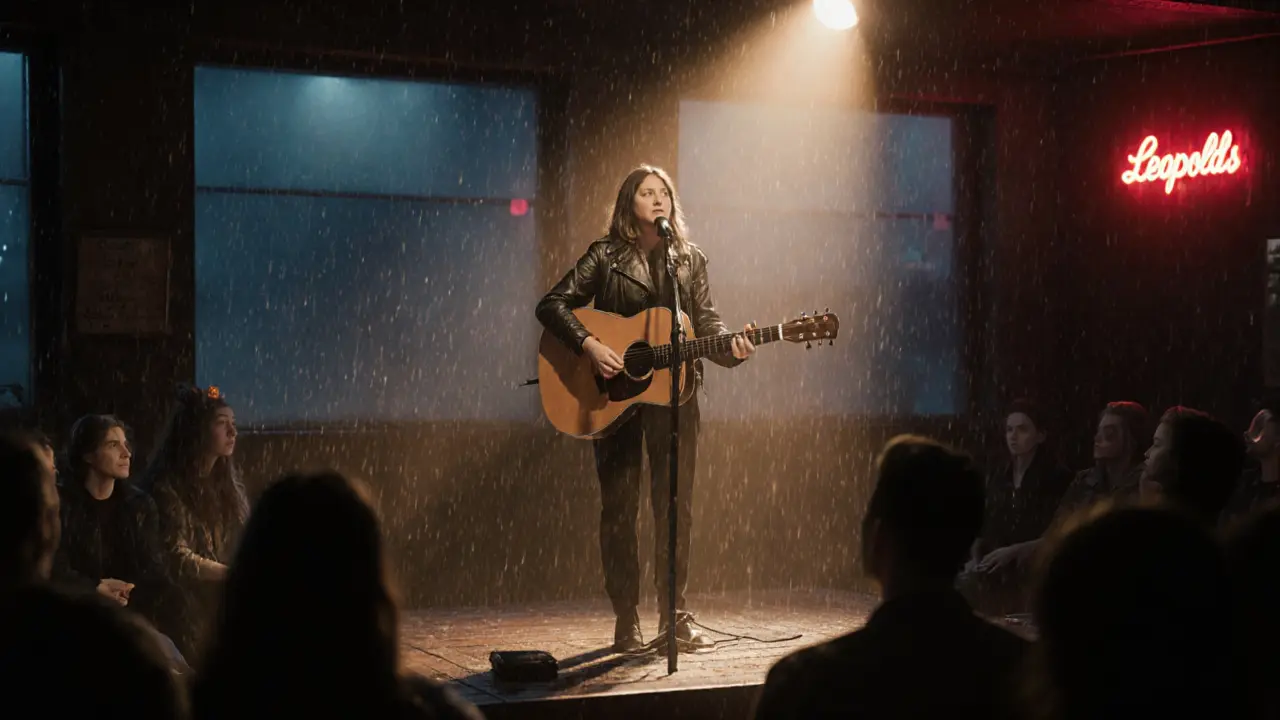
- Maximilian Von Stauffenberg
- 9 November 2025
- 0 Comments
Mia Julia didn’t plan to become a household name in Munich. She showed up one rainy October evening with a guitar, a leather jacket, and a voice that cut through the noise of a crowded beer hall like a lightning strike. No agents. No PR team. Just her and a setlist of original songs written in her tiny apartment in Schwabing. By the end of the week, her name was trending on Twitter in Germany. By the end of the month, locals were calling her ‘the girl who rewrote Munich’s soundtrack.’
She Wasn’t Supposed to Be There
Mia Julia moved to Munich from a small town in Bavaria with $300 in her pocket and a secondhand amp. She worked as a barista during the day and played open mic nights at places like Der Biergarten and Club 7 after hours. Most nights, she played to three or four people. One night, a film student recorded her performance of ‘Stadt der Lichter’-a haunting ballad about city lights and lonely subway rides-and posted it online. The video got 12,000 views in 48 hours. By day three, it had crossed 500,000.
What made it spread wasn’t just her voice. It was the way she looked at the camera between verses-like she was talking to someone who’d been there too. No filters. No choreography. Just raw, quiet emotion. A local radio host called her ‘the anti-pop star.’ And it stuck.
The Night Everything Changed
On October 22, she was booked at Leopold’s Basement, a dimly lit jazz bar that hadn’t hosted a solo act in over a year. The owner said he only took her because she reminded him of a singer from the ’90s he used to see in Berlin. He didn’t expect a line out the door.
Over 400 people showed up. Some came for the music. Others came because they’d seen the video and wanted to see if she was real. By the third song, the room fell silent. No clinking glasses. No chatter. Just her voice, echoing off the brick walls, singing about missing home while standing in the middle of a city that never sleeps.
That night, three record labels sent scouts. Two film producers offered her a documentary deal. One tech startup asked if she’d let them use her song in a national ad campaign. She said no to all of them.
Why She Said No
Mia Julia didn’t turn down offers because she was naive. She turned them down because she knew what happened to people who sold their voice too soon. She watched friends from her hometown get signed, polished, and then forgotten within a year. She didn’t want to become a product. She wanted to keep being a person.
Instead, she started her own label-Freie Töne-with a group of other local musicians. They rent a shared studio in Haidhausen. They release music on Bandcamp. They sell vinyl at farmers’ markets. They host free concerts in public parks. No ads. No algorithms. Just music, made by people who still remember what it felt like to be unknown.
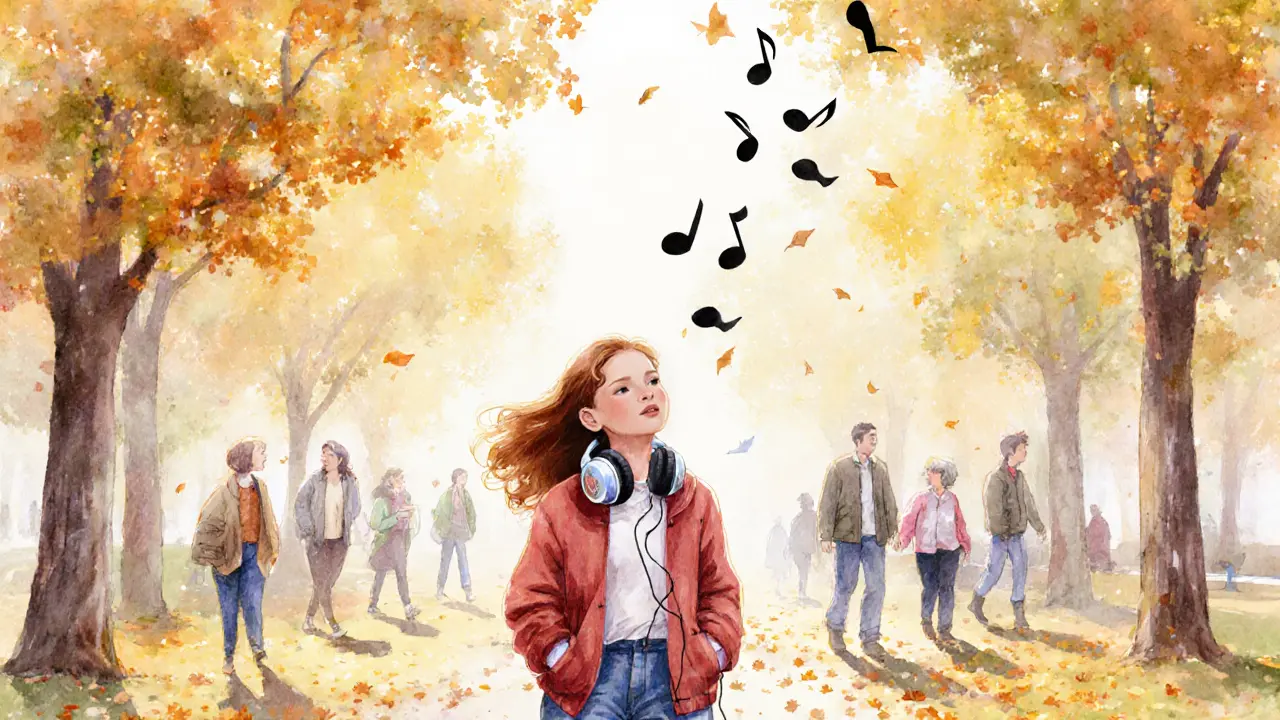
The Impact on Munich’s Scene
Before Mia Julia, Munich’s music scene was split. There was the classical crowd at the Philharmonie. The electronic DJs at Praterinsel. The indie bands playing to half-empty rooms at Werkstatt. No one bridged the gaps.
Now, 18-year-old students bring their grandparents to her shows. Retirees who haven’t bought a CD in 15 years are streaming her EP. A local bakery started selling ‘Mia Julia Muffins’-chocolate with a hint of orange, inspired by a lyric in her song ‘Frühstück in der Stadt.’
She didn’t set out to change the city. But she changed how people listen. She made music feel personal again. Not something you scroll past. Something you sit down for. Something you feel in your chest.
What’s Next?
Mia Julia is working on her second EP. It’s called ‘Wiederkehr’-‘Return.’ She says it’s about coming back to yourself after the world tries to reshape you. She’s recording it in a converted church outside Garmisch, with no producer, no engineers, just her, a microphone, and a tape recorder from 1987.
She still works at the café. Still takes the tram to gigs. Still answers every comment on her Instagram, even the ones that say, ‘You’re not famous enough to be this real.’
When asked if she thinks she’s made it, she smiles and says, ‘I never wanted to make it. I just wanted to be heard.’
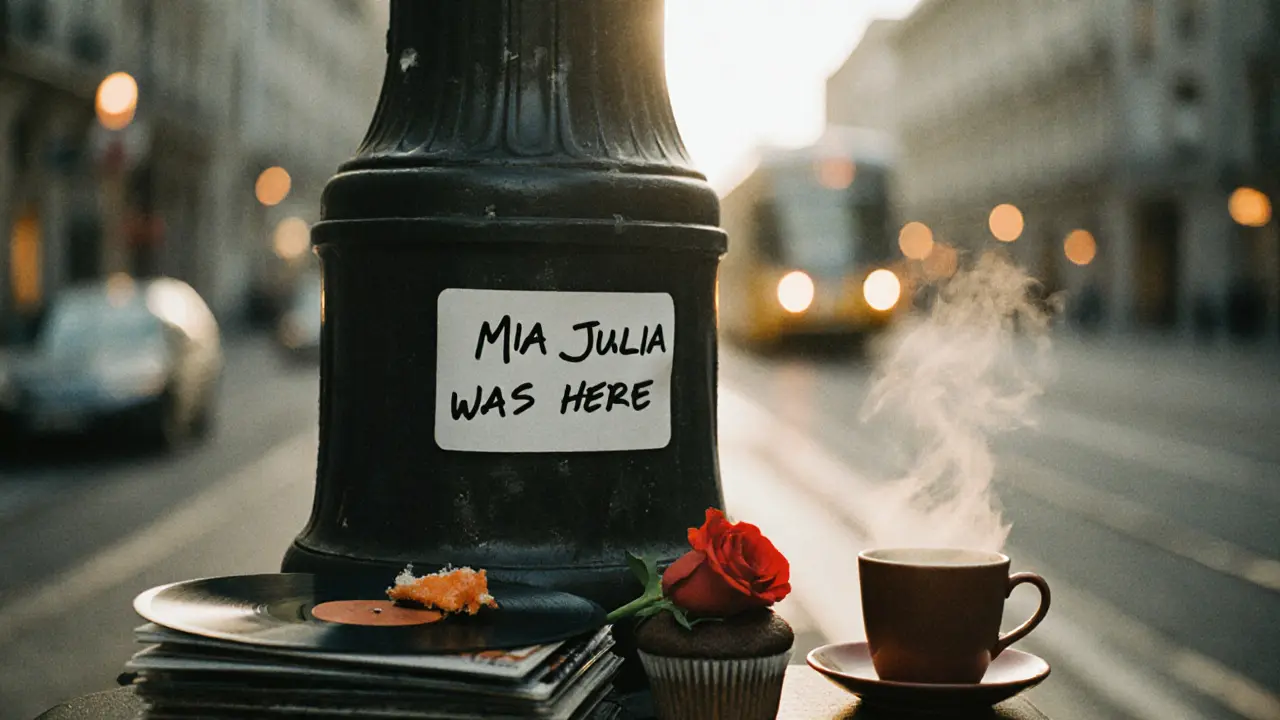
Her Songs That Moved a City
- ‘Stadt der Lichter’ - The song that started it all. A quiet anthem for anyone who’s ever felt invisible in a crowded place.
- ‘Frühstück in der Stadt’ - A love letter to Munich’s morning light, coffee steam, and the stranger who smiled at you on the train.
- ‘Kein Laut’ - A 3-minute silence with a single piano note, released on the anniversary of her first open mic night.
- ‘Bier und Brot’ - A folk tune about two friends sharing a meal after a long day, now played at weddings and funerals alike.
Why This Isn’t Just a Story About Music
Mia Julia’s rise isn’t about talent alone. It’s about timing. It’s about authenticity in a world that’s obsessed with polish. It’s about a city that was ready to hear something real.
She didn’t break into the scene. She reminded people why they loved it in the first place.
And now, when you walk through the Englischer Garten on a Sunday afternoon, you’ll hear her voice coming from someone’s headphones. You’ll see someone humming her melody while waiting for the tram. You’ll find a sticker on a lamppost that just says: ‘Mia Julia was here.’
She didn’t take over Munich. She reminded it how to listen.
Who is Mia Julia?
Mia Julia is a singer-songwriter from Bavaria who rose to prominence in Munich in late 2025 after a live performance went viral. She’s known for her raw, emotional lyrics and refusal to sign with major labels. She still works as a barista and releases music independently under her own label, Freie Töne.
How did Mia Julia become famous?
A video of her performing her original song ‘Stadt der Lichter’ at a small beer hall in Munich was recorded by a bystander and posted online. It gained over 500,000 views in under a week, sparking local media attention and eventually a citywide following. Her authenticity, not production value, drove the buzz.
Did Mia Julia sign with a record label?
No. Despite offers from three major labels and film producers, she declined all deals to maintain creative control. Instead, she founded Freie Töne, an independent label with other local artists, focusing on grassroots distribution and community-driven shows.
Where can you hear Mia Julia’s music?
Her music is available on Bandcamp and Spotify under her name and her label, Freie Töne. She also sells physical vinyl copies at local markets in Haidhausen and at her live shows. She doesn’t have a YouTube channel or TikTok account.
What venues in Munich are linked to Mia Julia?
She regularly performs at Leopold’s Basement, Der Biergarten, and Club 7. Her breakout show was at Leopold’s Basement, where over 400 people showed up unexpectedly. She also hosts free outdoor concerts in the Englischer Garten and at the Viktualienmarkt.

